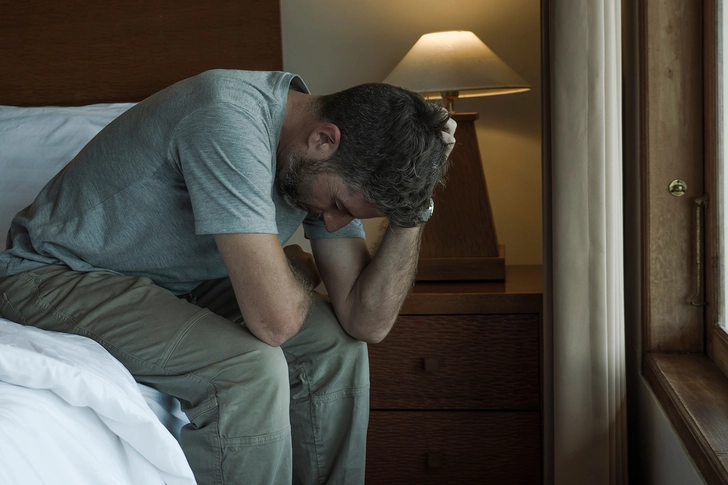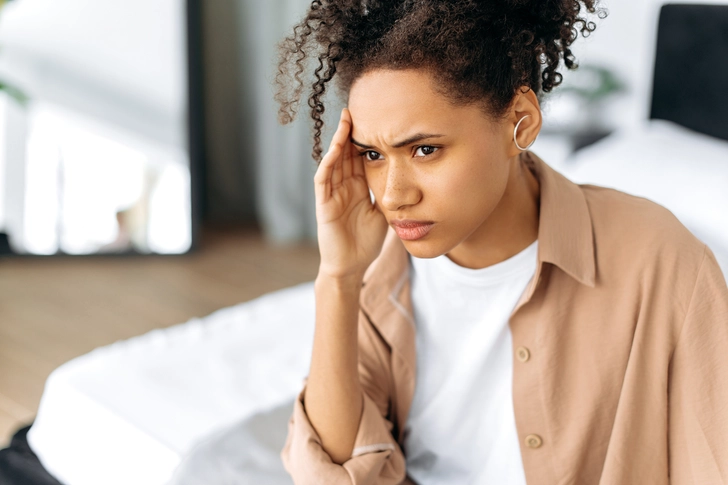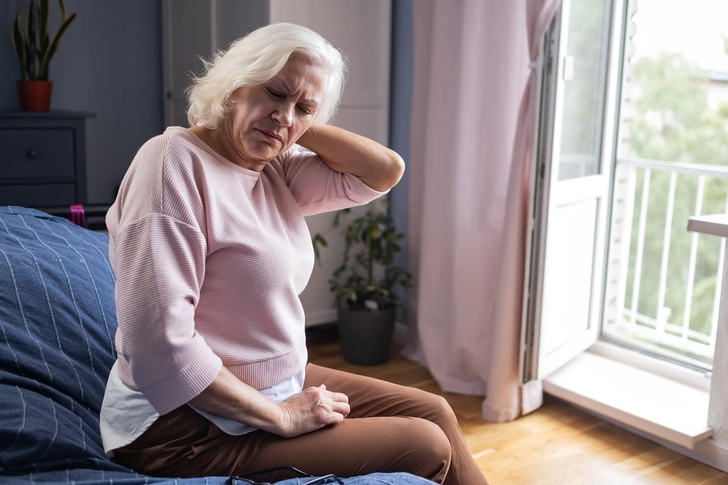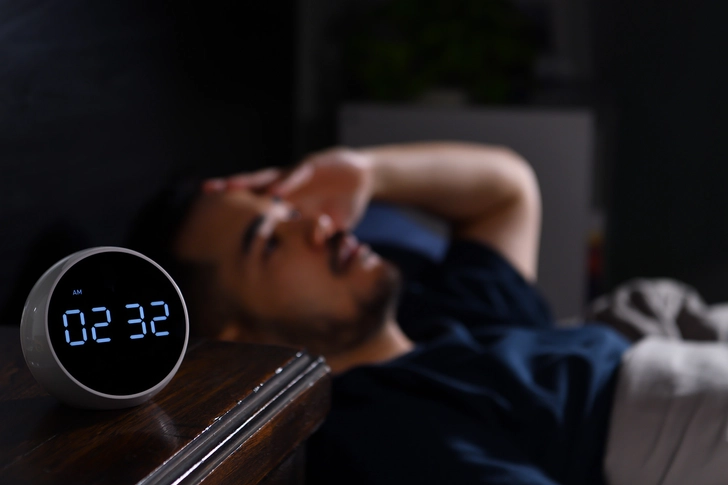- Overview
- Symptoms
- Causes & Risks
- Diagnosis
- Types
- Major Depressive Disorder
- Treatment
- Antidepressants
- Treatment-Resistant Depression (TRD)
- Living With
- Recovery & Relapse
- Complications
- Caregiving & Support
- Appointment Prep
- View Full Guide
How to Manage Morning Depression


What Is Morning Depression?
Depression can feel worse at different times of the day. Often, that can be the morning. Morning depression can be part of what's called diurnal mood variation. That refers to the fact that symptoms of clinical depression can rise and fall throughout the day. People with morning depression can struggle significantly during the early hours, but may feel better later in the day.

Signs of Morning Depression
Common signs of morning depression include:
- Extreme difficulty waking up and getting out of bed
- Persistent low mood and irritability upon waking
- Lack of energy and motivation in the morning
- Trouble concentrating or making decisions early in the day
- Physical symptoms like headaches or muscle tension
- Feeling overwhelmed by daily tasks
- Improved mood later in the day

Causes: Sleep Disturbances
Sleep problems are closely linked to morning depression. Conditions like insomnia or sleep apnea can disrupt sleep patterns, leading to poor sleep quality. This can result in increased fatigue and depressive symptoms upon waking. Additionally, circadian rhythm disruptions can affect the body's natural sleep-wake cycle, contributing to mood imbalances in the morning.

Causes: Stress and Anxiety
High levels of stress and anxiety can worsen morning depression. The anticipation of daily responsibilities and challenges can trigger feelings of dread and overwhelm upon waking. Chronic stress can also lead to elevated cortisol levels in the morning, which may contribute to depressive symptoms. Managing stress through relaxation techniques and lifestyle changes can help ease morning depression.

Causes: Inflammation and Health Issues
Chronic inflammation in the body has been linked to depression, including morning depression. Health conditions that cause inflammation, such as autoimmune disorders or chronic pain, may contribute to depressive symptoms. Certain medications or hormonal imbalances also can affect your mood, particularly in the morning. Addressing underlying health issues may help improve morning depression symptoms.

Tip: Establish a Consistent Sleep Schedule
Maintaining a regular sleep schedule can help regulate your body's internal clock and improve morning depression symptoms. Try to go to bed and wake up at the same time every day, even on weekends. Create a relaxing bedtime routine to signal to your body that it's time to wind down. Avoid screens before bed, as blue light can disrupt sleep patterns. A consistent schedule can help normalize sleep-wake cycles.

Tip: Morning Light Exposure
Getting natural light in the morning can help regulate your circadian rhythm and boost your mood. Try to get outside for a short walk or sit near a window soon after waking. If natural light is limited, consider using a light therapy box, which mimics outdoor light and can help reset your body's internal clock. Consistent morning light exposure can help improve energy levels and reduce depressive symptoms.

Tip: Gradual Wake-Up Routine
Create a gentle wake-up routine to ease into your day. Use a sunrise alarm clock that gradually increases light to simulate a natural dawn. Start with small, manageable tasks like stretching in bed or deep breathing exercises. Avoid immediately checking your phone or email, which can increase stress. Instead, focus on positive thoughts or gratitude exercises. A gradual routine can help reduce morning anxiety and set a positive tone for the day.

Tip: Exercise and Nutrition
Regular exercise and a healthy diet can significantly impact morning depression. Try to incorporate morning exercise, even if it's just a short walk or gentle yoga. Physical activity can boost endorphins and energy levels. Have a nutritious breakfast with protein and complex carbohydrates to stabilize blood sugar and mood. Avoid excessive caffeine, which can increase anxiety.

When to Seek Professional Help
If morning depression symptoms don't get better or they significantly impact your life, it's important to seek professional help. A mental health professional can provide a proper diagnosis and develop a treatment plan, which may include therapy, medication, or lifestyle changes. They can also help identify any underlying conditions contributing to your symptoms.
PHOTO CREDENTIALS
Slide 1 - Stock-Asso/Shutterstock
Slide 2 - TheVisualsYouNeed/Shutterstock
Slide 3 - Kateryna Onyshchuk/Shutterstock
Slide 4 - Halfpoint/Shutterstock
Slide 5 - Koldunov/Shutterstock
Slide 6 - amenic181/Shutterstock
Slide 7 - Oscar Wong/Getty Images
Slide 8 - fizkes/Getty Images
Slide 9 - Luis Alvarez/Getty Images
Slide 10 - Monkey Business Images/Shutterstock
SOURCES
Dialogues in Clinical Neuroscience: “Diurnal variation of depressive symptoms.”
Michelle Riba, MD, director, University of Michigan Rogel Cancer Center PsychOncology Program, Ann Arbor, MI; past president, American Psychiatric Association.
Sleep Foundation: “Depression and sleep.”
Mayo Clinic: “Sleep apnea,” “Chronic stress puts your health at risk.”
Endocrine Society: “What is Cortisol?”
Sleep Medicine Reviews: “The cortisol awakening response -- applications and implications for sleep medicine.”
Neuro Endocrinology Letters: “Depressive symptoms are associated with higher morning plasma cortisol in primary care subjects.”
Neurobiology of Stress: “Integrating Interleukin-6 into depression diagnosis and treatment.”
Annals of the Rheumatic Diseases: “Overnight variations in cortisol, interleukin 6, tumour necrosis factor α and other cytokines in people with rheumatoid arthritis.”
Dialogues in Clinical Neuroscience: “Diurnal variation of depressive symptoms.”